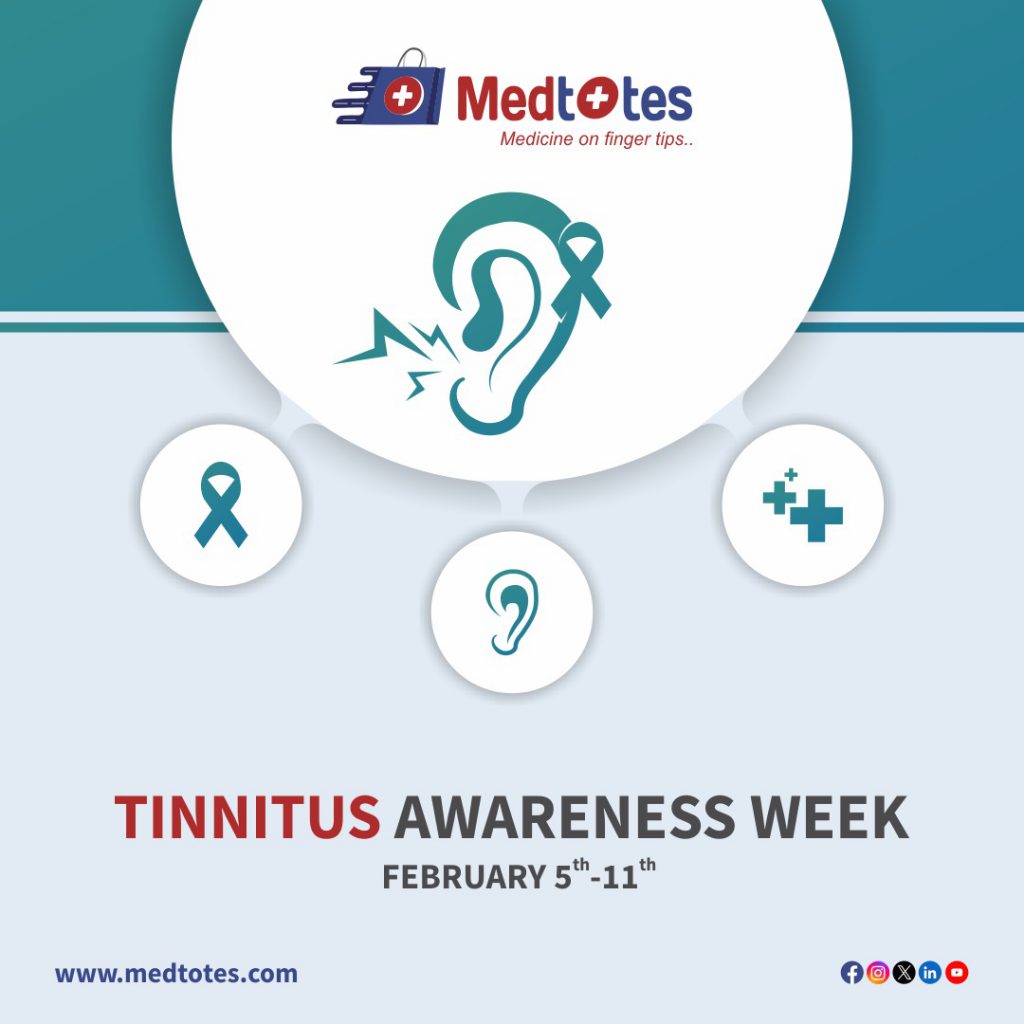I. Introduction
Tinnitus Awareness Week is an annual campaign aimed at raising public awareness about tinnitus, a common condition characterized by ear noise. The week-long event educates the public about tinnitus, its causes, symptoms, and treatments. It aims to reduce stigma and provide support to those affected. Through various activities, organizations, healthcare professionals, and advocacy groups host informational events, share resources, and engage in outreach activities to support individuals and their loved ones. The goal is to foster understanding and empathy towards individuals living with tinnitus and promote the importance of seeking professional help for managing the condition.

II. Understanding Tinnitus
Tinnitus is the perception of sound in the ears or head when no external sound is present. It can manifest as ringing, buzzing, hissing, or other noises and may be intermittent or constant. Tinnitus can result from various factors, including exposure to loud noise, age-related hearing loss, ear infections, or underlying health conditions such as Meniere’s disease or temporomandibular joint (TMJ) disorders. Understanding tinnitus involves recognizing its impact on individuals’ quality of life, emotional well-being, and daily functioning. By understanding the causes and effects of tinnitus, individuals can better manage and cope with this condition.
III. Treatment Options and Common Symptoms
- There are various treatment options available for tinnitus, depending on the underlying cause and severity of the symptoms.
- Common symptoms of tinnitus include difficulty concentrating, sleep disturbances, anxiety, and depression.
- Treatment approaches may include sound therapy, medication, cognitive behavioral therapy, or the use of hearing aids or maskers.
- It is important for individuals with tinnitus to consult with a healthcare professional to determine the most suitable treatment plan for their specific needs.
- Managing stress, avoiding loud noises, and practicing relaxation techniques can also help alleviate tinnitus symptoms.
IV. Tips for Managing Tinnitus
- Using white-noise machines or fans to help mask the ringing sound
- Avoid caffeine and nicotine, as they can worsen symptoms.
- Trying acupuncture or alternative therapies, which have shown some effectiveness in reducing tinnitus
- Participating in support groups or counseling to cope with the emotional impact of tinnitus
- Protecting your ears from loud noises by wearing earplugs or earmuffs in noisy environments.
V. Conclusion
In conclusion, Tinnitus, a condition without a cure, can be managed through various strategies and techniques. These can improve the quality of life and alleviate symptoms. However, it’s crucial to note that each person’s approach may require trial and error to find the most effective method. With patience and perseverance, individuals can find relief and regain control over tinnitus.
Download our app: https://bit.ly/3tkQkFy
